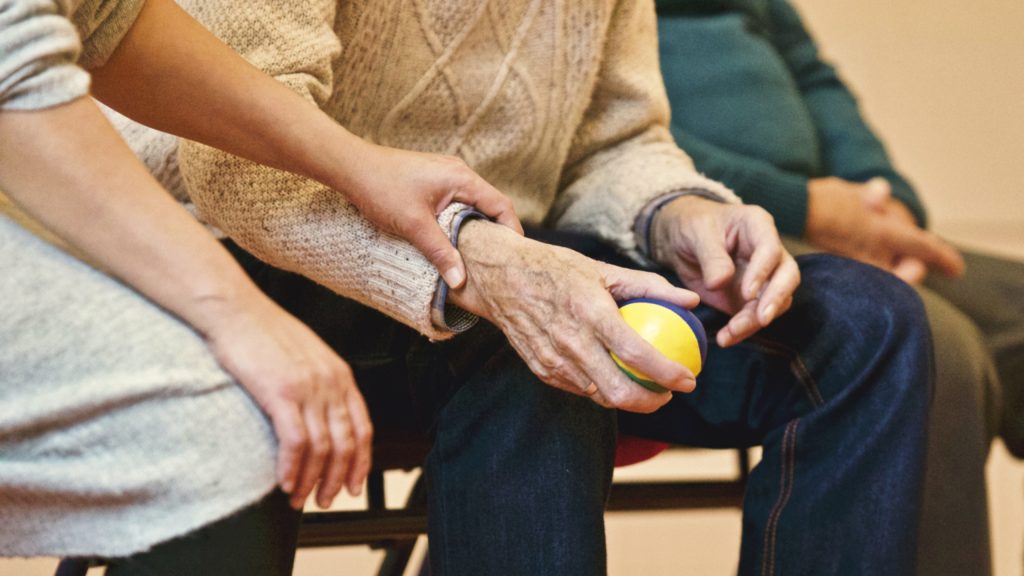
An initial diagnosis of dementia can be daunting for a person and their loved ones, as it can cause emotional and physical stress for family members and potential caregivers. If you plan to be a caregiver for your loved one with dementia, here are several tips we recommend to help you cope with a dementia diagnosis:
Do your homework. Dementia can be daunting for those who are unfamiliar with the disease and tasked to care for a loved one recently diagnosed with dementia. The more you understand dementia, the more you can prepare for any challenges or any frustration you may face. Our Guide to Alzheimer’s and Dementia Care is a great resource to learn more about being a caregiver – or we recommend visiting Alz.org or Dementia.org.
Be attentive to your own physical and mental health. According to a 2003 study from the Journal of General Internal Medicine, more than 30 percent of dementia or Alzheimer’s caregivers suffer from depression. Allow your body to receive the necessary sleep, exercise and socialization it needs to prevent yourself from feeling overwhelmed or burnt out.
Join a support group. You are not alone as an Alzheimer’s caregiver, as 15 million Americans currently provide unpaid care for people with Alzheimer’s or another form of dementia. By finding a group of caregivers that understand what you’re going through, you’ll have an emotional outlet as a caregiver and gain insight to help you provide better care for your loved one.
Ask for help. As much as you’ll want to consistently be there to care for your loved one, it’s important to lean on family members, friends and/or volunteers for assistance. If they offer to help, let them take some time and effort off your plate to give you a much-needed break.
Organize a daily routine. Those with Alzheimer’s or dementia depend on predictable routines. Keeping their environment familiar and comfortable can reduce agitation and improve their mood.
Plan activities you both enjoy. Whether it’s playing cards, going for a walk or painting, planning activities you both enjoy that are within their functional ability will allow your loved one to feel more comfortable – even if the task at hand isn’t being done in a typical way.
Still interested in learning more? Don’t forget to download our guidebook online to find more information on Alzheimer’s and dementia care.
